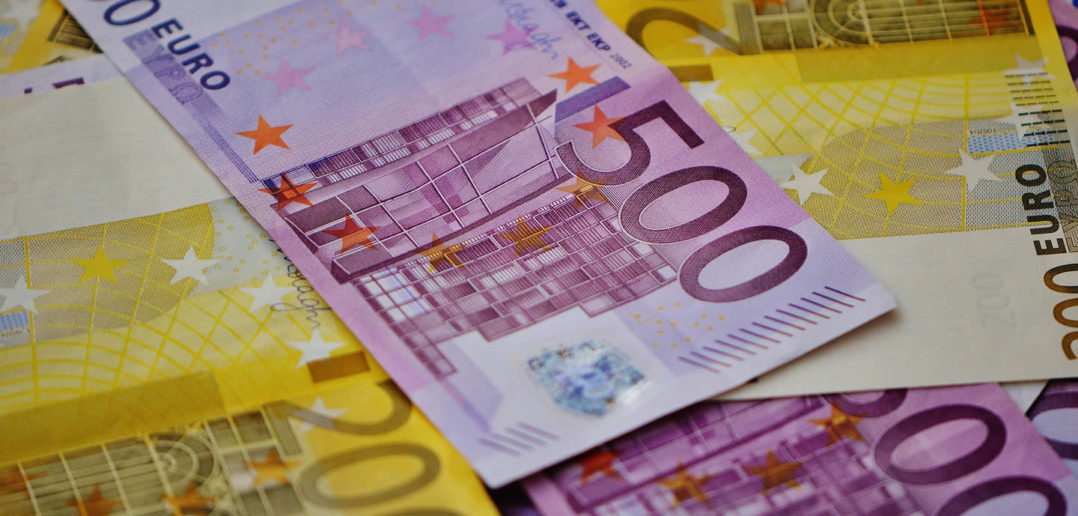On the heels of one of the most controversial elections in recent history in the United States, Brexit in the UK, and a definitive ‘no’ vote for parliamentary reform in Italy, all eyes are watching the upcoming elections in the Eurozone, most especially those in Germany and France. Will those countries see a change in power at the highest levels and if so, what will this mean for the Euro in trading?
Tensions are running high across Europe
Due to a number of geopolitical factors, there is a great deal of concern as to the stability of the Euro. Not only has the UK voted to leave the European Union, but there is growing apprehension that the major economies in the EU may also soon hold referendums on the subject. Brexit caused enough panic but what would happen if Italy, Germany and France all held a referendum to leave as well? Those interested in the movement of currencies and economies will be keeping a close eye on events, utilising tools and resources provided by trading platforms such as that of Hantec Markets or looking to keep up with financial news site such as the Financial Times or the Economist.
This possible disintegration of the EU would leave the Euro as a precarious currency. Those trading in Foreign exchange currencies are keeping a close eye on the upcoming elections, but also watching post-referendum Italy where the vote shifted power towards a growing body of right-leaning politicians that have asked questions about leaving what they consider to be a sinking ship.
Germany without Merkel
There has been growing opposition to the way in which Chancellor Angela Merkel has been handling the immigrant crisis and if her tenure is overturned, a populist movement would likely begin sending refugees home and working towards closing the borders. Germany, as one of Europe’s strongest economies, has long been tired of carrying financially weaker nations and if a populist movement grows strong enough, it isn’t unthinkable that even Germany would consider an exit from the EU.
France
France is a country that is already seeing an rise in anti-EU sentiment. Current president, Francois Hollande, is the most unpopular leader in the country’s history and he is being challenged by Marine le Pen, if he decides to run for a questionable second term.
This is significant in that le Pen is a strong opponent to France’s continued presence in the EU and while it is not predicted that she will make it to the second round in the early part of May 2017, she already enjoys widespread support. Currently, she is not considered sufficiently popular to win the second runoff election to become president, but her popularity points to a growing disenchantment with remaining in a troubled Eurozone.
How will these elections affect the Euro?
The Euro is in crisis and the strongest nations are frustrated with continued bailouts and stimulus to carry their weaker sister countries in the EU. As a result, a number of political and financial analysts feel that within the next few years there is a very real possibility that the EU may fall apart, which could result in the Euro being dissolved.
At the moment, it is still a strong force in major foreign exchange trading pairs but the coming elections could change that overnight. Trading will go on as usual for the time being, but as those elections near, it is expected that markets will reflect a bit of panic as the days and weeks approach. Until then, it appears to be business as usual.




